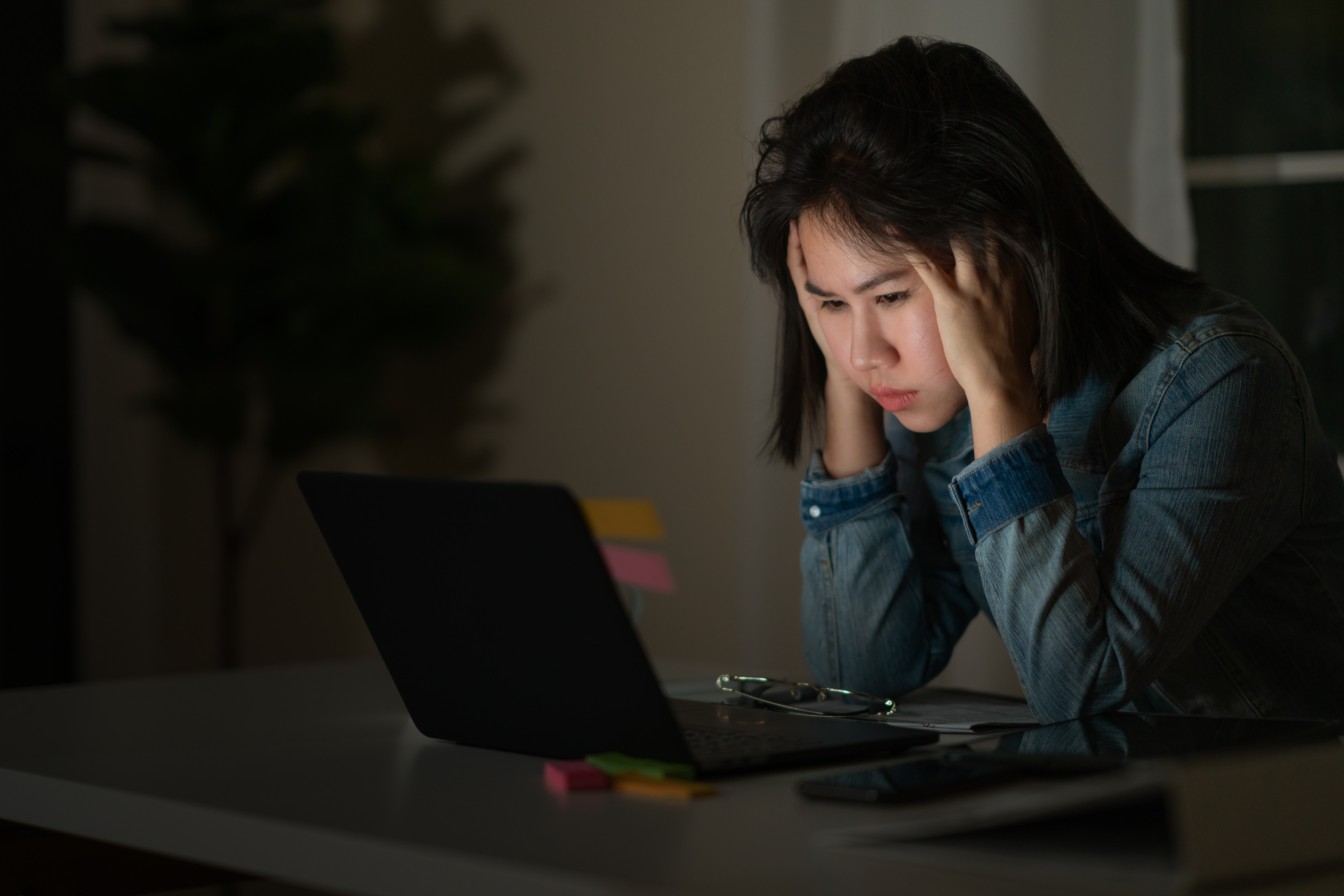Detoxifying Your Mind: Self-care Strategies for Better Mental Health
Both clinical depression and anxiety can cause abnormal changes in our sleep patterns, particularly oversleeping or insomnia.
Mental health disorders are one of the most common disorders in the world. According to the Centers for Disease Control and Prevention, it is estimated that over 50% of the world population will be diagnosed with a mental disorder at some point in their lives.
There are many varying causes of mental disorders. It can be rooted in sudden traumas or experiences, abuse, addiction, social upbringing, biological factors, and more.
Panic attacks, psychomotor retardation (motionlessness), chronic mood swings, and suicide are some of the serious occurrences caused by mental disorders.
Understanding mental health disorders along with the proper coping strategies can pay dividends in managing one’s mental health and preventing self-harm or emotional trauma to yourself and others.
UNDERSTANDING DEPRESSION AND ANXIETY
Clinical depression
Clinical depression comes in many degrees and types, but all of its types can be characterized by feelings of sadness or hopelessness, loss of interest or pleasure, tiredness, and poor concentration. While most people will experience these emotions at one point in their lives, clinical depression symptoms last from a few months up to many years.
Anxiety disorders
Anxiety disorders are another common mental disorder that comes in varying types. While anxiety can be felt by every person at some point during their lives, anxiety disorders cause intense and excessive fear about everyday situations, like speaking to a particular person or going to a certain place. Anxiety disorders often involve repeated episodes of intense anxiety, fear, and feelings of terror that can reach a peak called a panic attack.
While both depression and anxiety manifest in different ways for many people, both have been found to be heavily linked with each other. According to the Anxiety and Depression Association of America, around 50 percent of people with depression also have an anxiety disorder.
This is due to the two being able to trigger one another, as someone with anxiety can be depressed due to their situation, while someone with severe depression can also manifest anxiety later on.
SELF-CARE STRATEGIES TO IMPROVE MENTAL HEALTH

There is strong evidence that suggests overexposure to the internet is closely linked to the increasing cases of depression and anxiety among the youth.
When it comes to managing our mental health, what works varies for each and every person. However, psychiatric and psychological studies have pinpointed common strategies to help people cope with their mental disorders like depression and anxiety.
- Reflecting and understanding yourself more everyday - While there are many facets in our lives that are integral in managing mental health, it is our own relationship with ourselves that can best help us in our fight against mental disorders.
- Know what routine works for you - Keeping track of activities and environments that trigger your anxiety or depression will be vital in managing it. Dislike crowds? Avoid attending parties and clubs. Does a particular social media personality cause you too much stress? Block their page. These small actions will greatly help you reduce stress and anxiety.
- Focus on the positive and learn from the negative - Keeping track of the little details in your life can be effective as well. Try to have a diary where you list the good things that happened throughout your day. You can also write down the bad things and what you can do to prevent them.
- Learn to call for help - Some people with mental disorders try to carry their burden on their own. Feelings of guilt and isolation are after all common among people with depression and anxiety. Know when to call for help, such as your family, mentors, friends, and doctors.
Maintaining good physical health
 Exercising outdoors can greatly help de-stress us and clear our minds.
Exercising outdoors can greatly help de-stress us and clear our minds.
There is strong evidence that suggests maintaining physical health improves one’s mental health as well. Among the following practices that one can follow are:
- Maintain regular exercise - Being active has been shown to reduce stress and anxiety.
- Eat healthy - Eating healthy not only detoxifies your body, but also your mind.
- Avoid alcohol, smoking and drugs - Smoking tobacco or vaping along with alcoholism and drug addiction are common habits that people do to cope with their mental health. Due to its addictive nature, these habits only worsen our mental health.
- Limit screen time - Social media and other forms of digital entertainment can overload us with information or entertainment that worsens our stress levels and affects our sleep cycle.
- Connect and build healthy relationships - Maintaining a strong support group is essential in improving and managing our mental state.
- Choose your companions - Do not be afraid to avoid companions who give you stress. Whether it’s a family member who keeps on asking for money, or a friend who introduces you to addictive habits like gambling, be wary of the people who influence your life.
- Help others - Do acts of kindness. Sustained ones such as doing charitable work or servicing a community has been found to increase mental well-being.
- Sleep well and recharge - Besides getting a healthy seven to eight hours of sleep, do relaxing activities such as bathing longer, doing yoga, listening to music, or meditating.
- Build new connections - Try and create new meaningful connections to increase your support group. Being part of communities that share your ideals, beliefs, and interests is a good place to start.
MENTAL HEALTH IS NOT JUST YOUR FIGHT
Mental health plays a vital role in our lives, being just as important as physical health. While some people can cope well with stressors, others may have difficulty due to the severity of their situation. Addictions, mood and anxiety disorders, trauma, and lack of support groups are examples.
St. Luke’s Department of Psychiatry was established exactly for this purpose — to save lives through empathic mental care. The Department provides psychiatric services for all kinds of addictions, geriatrics, child and adolescent psychiatry, stress management, and mood and anxiety disorders.
To reach out to a psychiatrist, please contact St. Luke’s Department of Psychiatry at 8-789-7700 ext. 2013 (SLMC-Global City) and at 8-723-0101 loc. 4919 (SLMC-Quezon City).

.png)



